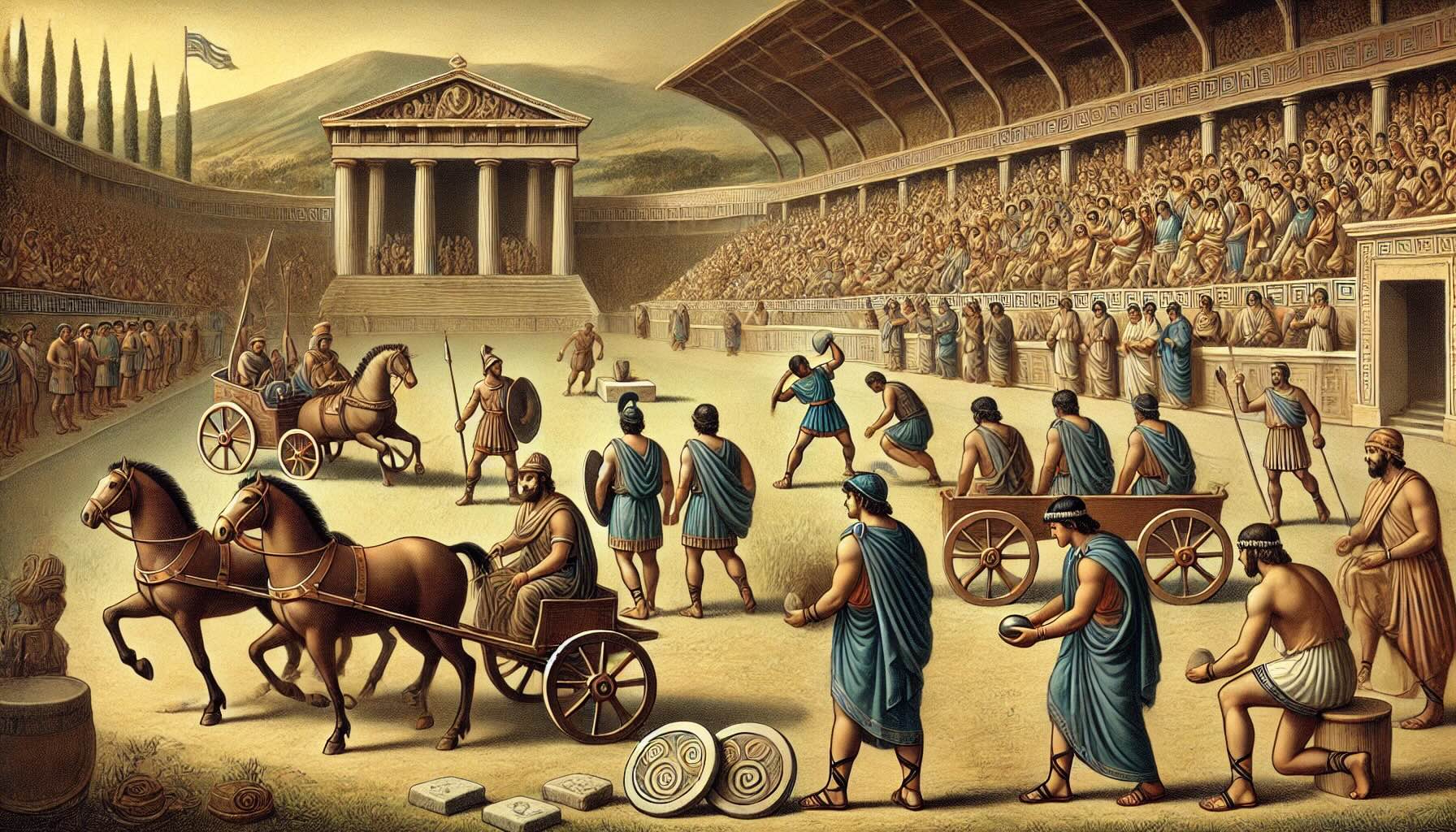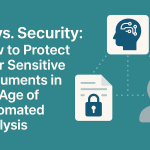Introduction
The UEFA Euros final is one of the most anticipated events in the world of sports, drawing millions of viewers globally. While the spotlight shines on the players and the thrilling matches, a significant amount of work happens behind the scenes to ensure the smooth running of the tournament. From contracts to logistics, the role of efficient document management is crucial. In this blog post, we’ll explore the fascinating world of document management in the context of the UEFA Euros final, focusing on the number of contracts signed, the use of data rooms, and the technology that makes it all possible.
The Sheer Volume of Contracts
Organizing an event of the UEFA Euros’ magnitude involves an extraordinary number of contracts. These include agreements with:
- Host cities and stadiums: Contracts to secure venues for the matches.
- Sponsors and partners: Agreements with brands and companies that sponsor the event.
- Broadcasting rights: Contracts with television networks and streaming services to broadcast the matches worldwide.
- Vendors and suppliers: Deals with companies providing everything from catering to security.
- Teams and players: Ensuring the participation of national teams and their players.
In total, thousands of contracts are negotiated, signed, and managed throughout the tournament’s preparation and execution phases.
The Role of Data Rooms
To manage these documents efficiently, UEFA relies on secure data rooms. These virtual spaces are designed for storing and sharing sensitive information. Here’s how they contribute to the success of the tournament:
- Centralized Document Storage: Data rooms provide a centralized repository where all contracts and important documents are stored securely. This ensures easy access and management.
- Enhanced Security: With features like encryption, two-factor authentication, and audit trails, data rooms protect sensitive information from unauthorized access and cyber threats.
- Streamlined Collaboration: Multiple stakeholders, including legal teams, vendors, and sponsors, can collaborate in real-time, making the contract negotiation and signing process more efficient.
- Regulatory Compliance: Data rooms help ensure that all document management practices comply with international standards and regulations, which is crucial for a global event like the UEFA Euros.
Technology Making It Possible
Several technologies play a pivotal role in document management for such a large-scale event:
- Electronic Signatures: Tools like MyDocSafe enable the secure and efficient signing of contracts electronically, saving time and reducing the need for physical paperwork.
- Workflow Automation: Automated workflows ensure that documents are reviewed, approved, and signed in a timely manner, avoiding bottlenecks and delays.
- Cloud Storage: Cloud-based solutions offer the scalability and flexibility needed to handle the large volume of documents associated with the tournament.
- AI and Machine Learning: These technologies can be used to analyze contracts, identify potential risks, and ensure compliance with legal standards.
The Transition to Electronic Signing
UEFA began its transition to electronic signing around the early 2010s. The shift was driven by the need for greater efficiency, security, and environmental considerations. The adoption of electronic signatures allowed UEFA to streamline its document management processes significantly. By reducing the reliance on physical paperwork, they could speed up contract finalization, improve accuracy, and ensure a more secure handling of sensitive information.
The Old Way: Managing Events Without E-signatures
Before the adoption of electronic signatures, UEFA had to manage all its documentation through traditional means. This included:
- Physical Paperwork: Contracts and agreements were printed, signed manually, and often required physical delivery or courier services, leading to delays.
- Manual Filing Systems: Documents were stored in physical filing systems, making retrieval and management time-consuming and prone to errors.
- In-person Meetings: Contract negotiations and signings often required in-person meetings, which could be logistically challenging and expensive, especially with international stakeholders.
- Higher Risk of Errors: Manual processes increased the risk of errors, such as lost documents or unsigned contracts, which could have significant implications.
The traditional methods were not only slower and less efficient but also posed greater security risks and higher costs. The transition to digital solutions, including electronic signatures and secure data rooms, revolutionized UEFA’s approach to managing events, making processes faster, more secure, and environmentally friendly.

The really Old Way: the original Olympics
Imagine the organizational feats required to arrange the ancient Olympic Games, held over 2,000 years ago in Olympia, Greece, without the convenience of paper. Instead of written contracts and digital records, agreements were likely verbal, relying on personal honor and trust. Messages and decrees would have been conveyed through heralds and messengers, who traveled long distances to deliver important news and instructions. Records were probably kept on durable materials such as clay tablets or engraved stone, adding significant time and effort to documentation processes. Coordination among city-states, athletes, and officials depended heavily on face-to-face communication, with plans and decisions made in assemblies or through intricate networks of messengers. This labor-intensive system, while effective for its time, highlights the stark contrast to today’s streamlined, technology-driven event management.

Conclusion
While the UEFA Euros final captivates fans with spectacular matches and unforgettable moments, the unsung heroes working behind the scenes play a critical role in making the event possible. Efficient document management, powered by secure data rooms and advanced technologies like electronic signatures, ensures that every contract is signed, every agreement is honored, and the tournament runs smoothly.
As we cheer for our favorite teams, let’s also acknowledge the meticulous planning and coordination that happen off the field, enabling the beautiful game to shine on the global stage.




